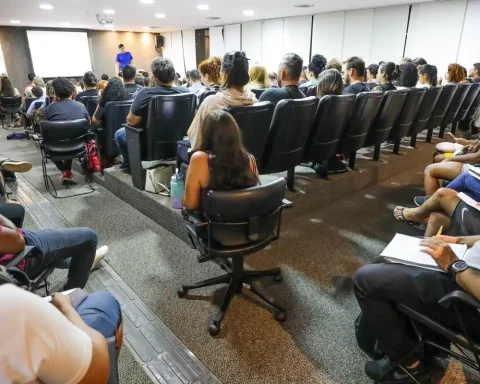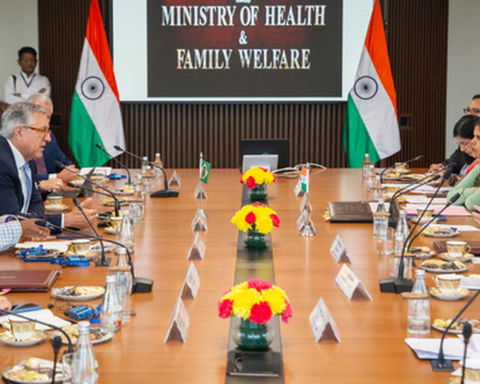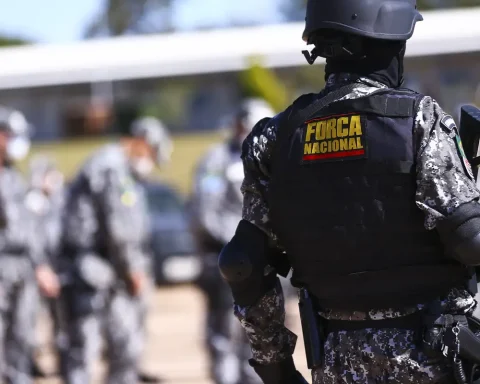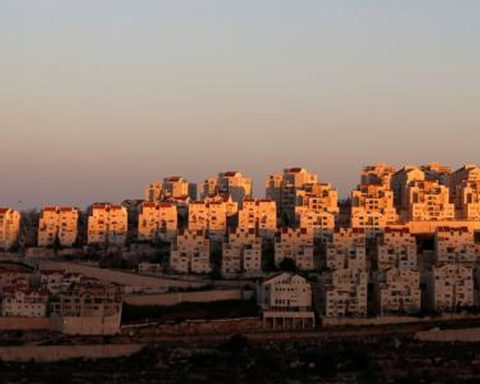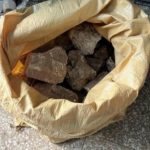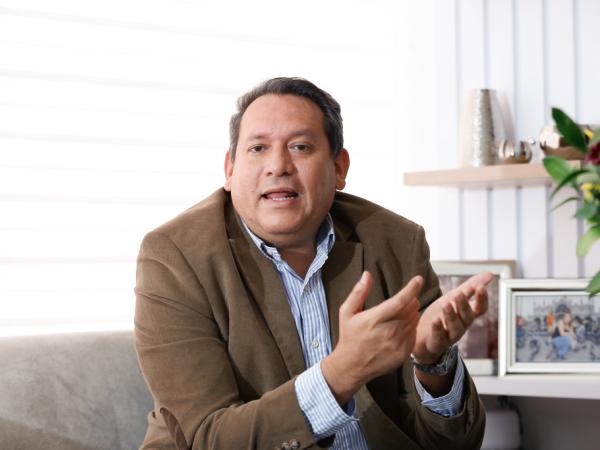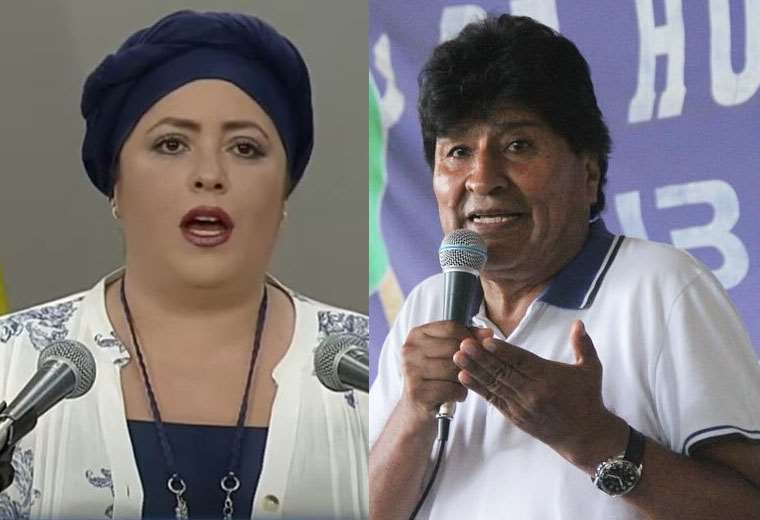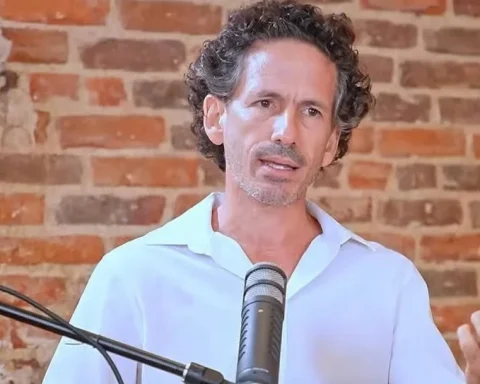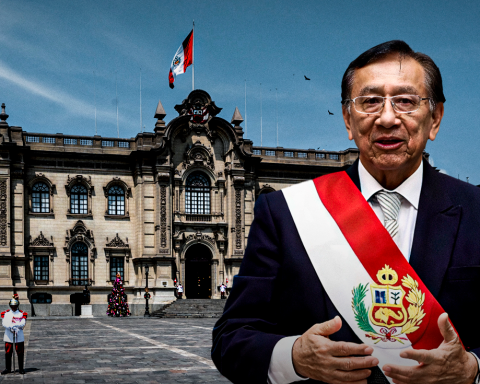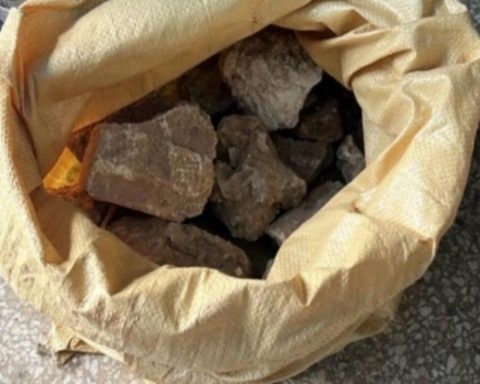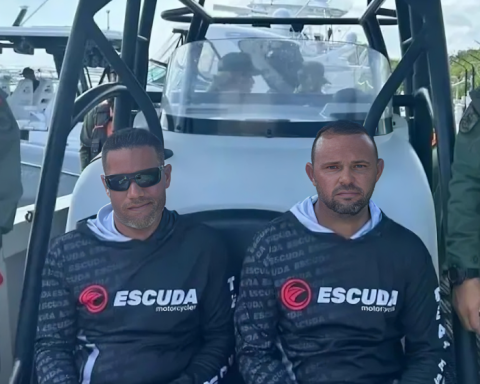A report by the New Illegalisms Study Group of the Fluminense Federal University (GENI/UFF), in partnership with the Public Defender’s Office of the State of São Paulo, points out serious flaws in the actions of the Military Police during the Escudo and Verão operations, carried out in 2023 and 2024, in Baixada Santista and in the conduct of the investigations conducted into the deaths in the operations.
According to the study, the police force used in Operation Shield was disproportionate, with an average of more than ten civilian deaths for every one police officer killed or injured. The report says that in 22 cases analyzed, 20 civilians were killed and two were seriously injured by gunfire. In contrast, none of the 64 police officers were killed and only one was injured. In total, Operation Shield left 28 people dead.
Evandro da Silva, one of the survivors, told TV Brazil in November of last year, who was shot in the legs, arms and back. At the time, he reported that he survived because he was able to speak to the SAMU paramedics who removed him from the scene.
The report outlined the profile of those killed and injured: young men, with an average age of 29, the majority (65%) black and poor, of whom 56% were shot in the communities where they lived. According to the study, four were drug users, a condition that does not match the accusation of drug trafficking.
Removal of bodies
The study indicates that bodies were removed from crime scenes, which hindered the investigation. In 45% of cases, the information is that the victim arrived dead at the medical center. According to GENI/UFF, 55% of cases presented poor preservation of the crime scene and that “precise measurements were not taken to provide the position of the elements found (such as ammunition casings, traces of blood or narcotic substances) in the environment and in relation to the other traces/body found, making it impossible to accurately reconstruct the facts. Furthermore, photographs of the scene of the incidents and of the objects seized were limited, which compromises the quality of the investigations, which were not used in site examinations.”
Regarding the production of evidence, the study says that there was no use of body cameras. In 67% of cases, there are no images captured, including from environmental cameras.
The lack of recordings, according to the police, is due to a lack of equipment in the battalion or the lack of charge in the cameras at the time of the confrontation.
The report also cites the underutilization of advanced forensic techniques, such as simulated confrontations and detailed analysis of victims’ clothing and belongings, such as backpacks, flaws that had already been highlighted by human rights organizations, such as Human Rights Watch, in October of last year. “These procedures could provide more robust data on the trajectory of the shots and the circumstances of the confrontations, especially in a context where reports depend heavily on the version of the police officers involved,” the study points out.
Witnesses ignored
According to researchers, the main element of evidence in investigations has been the testimony of police officers, to the detriment of the testimonies of witnesses and family members, which in almost 80% of cases were disregarded or considered partially, according to the report.
There are reports of attempted coercion and threats against the victims’ families, which led some witnesses to stop giving statements.
One of the families is even under protective measures. “The organization of the oral evidence is unbalanced and unequal, because the police officers’ word is not only always accepted, but also ends up formulating the hypotheses for the production of material evidence. All of this compromises the fairness and impartiality of the investigation,” said GENI/UFF researcher Luciana Fernandes in a statement.
In an interview with Brazil Agency, Public defender Fernanda Balera said the study will be used to inform changes in policing control. “On the one hand, we have data on excessive use of force, failure to preserve the scene of events, low use of COPS [câmeras corporais]. On the other hand, we have the failure to carry out additional expert assessments and the overvaluation of the words of the police officers, who are themselves under investigation, as the guiding principle of the investigations. What we hope is, as the report says, that the research can support decision-making based on data and scientific evidence that promote changes in the policing control practices currently adopted, as well as support future measures to hold the victims accountable and support their families whose stories were violently interrupted in the two operations.”
The public defender intends to use the study as an argument to request the unarchiving of the deaths of six people in the first phase of the operations.
Of the 27 investigations into deaths in Operation Shield, 23 were closed and four are ongoing. Eight military police officers were indicted by the Public Prosecutor’s Office. The state Court of Justice has not yet decided whether two other police officers will be defendants in the cases under investigation. All proceedings are under judicial secrecy.
Positionings
In a note to TV Brazilthe São Paulo Public Security Secretariat defended the operations and reported that “all occurrences of death during the operation are rigorously investigated by the Civil Police (Deic de Santos) and Military Police, with the monitoring of the respective internal affairs departments, the Public Prosecutor’s Office and the Judiciary. All evidence gathered during the course of the investigations, including images from body cameras, was shared with these bodies and the police work remains under judicial secrecy.”
When contacted by reporters, the Police Ombudsman’s Office has not yet commented.


